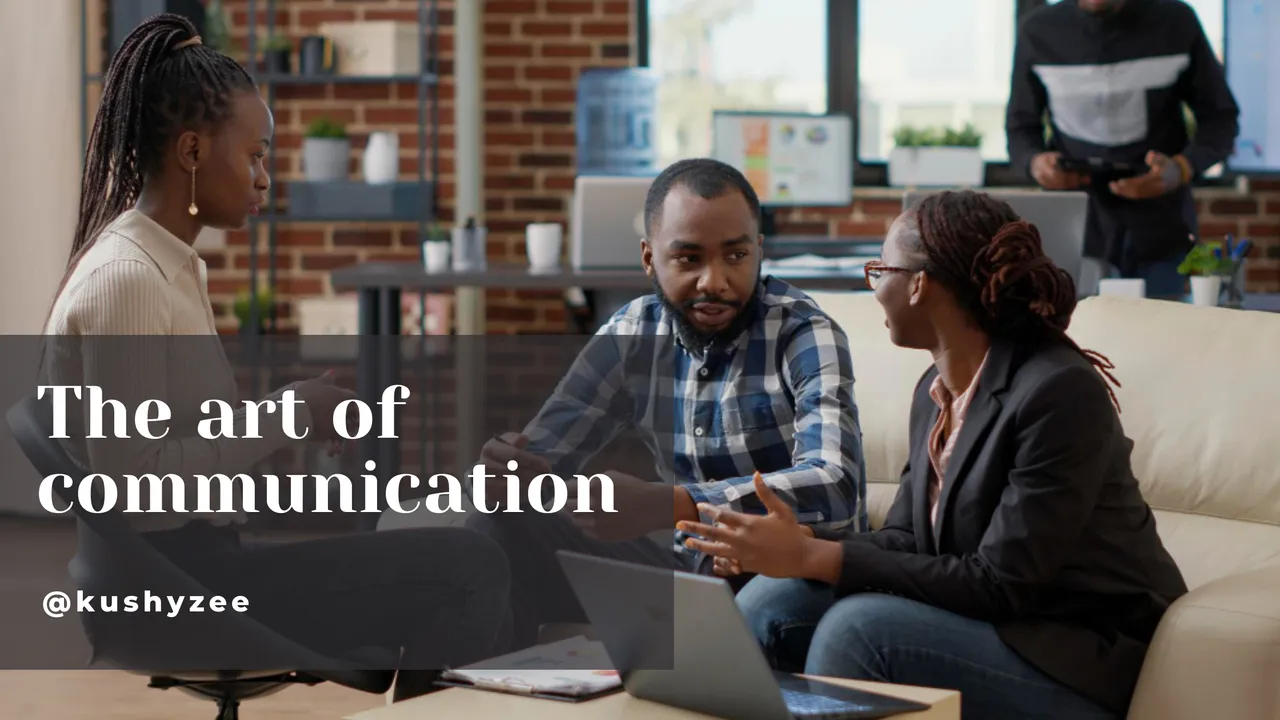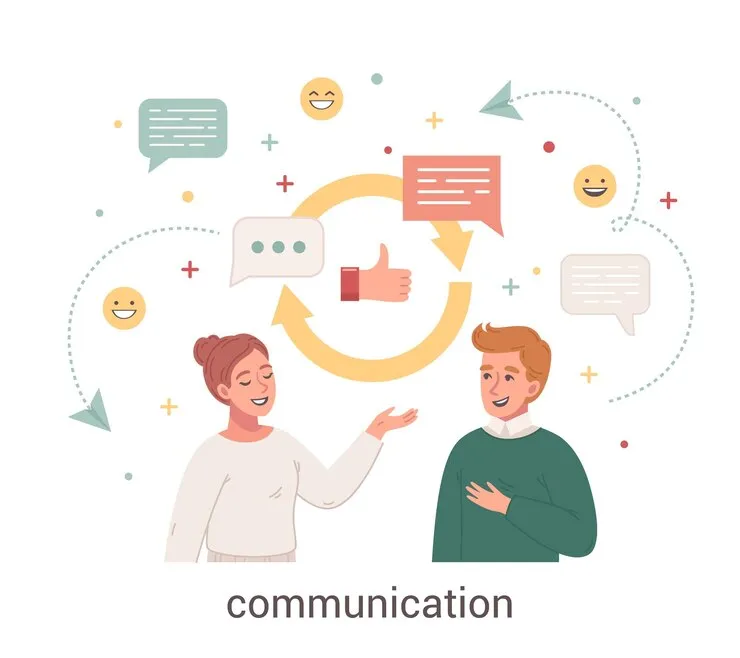
Humans have an incredible ability to communicate and convey ideas and information through a wide variety of methods. It is how we build relationships, share ideas and generally get things done but one thing we should always remember is that communication is simply not about spoken or written words (which is the most obvious one), we also use body language, facial expression and even silence to communicate. It's funny that I mentioned silence as a form of communication but do remember that no answer is also an answer (I have forgotten where I heard that quote from).
These other less common forms of communication are much harder to pick up. It takes a great deal of skill to know what a person is saying just from their body language (the way they cross their arms, occasionally throwing their body weight from one side to the other, etc). Even facial expressions can be difficult to pick up on except for people who are really paying attention and can decipher what each expression means. Experts in law enforcement agencies make use of this skill to know when someone is lying (a raised eyebrow, suddenly tensed jaw, etc).
On the other hand, we also have sign language which I will categorize as visual communication (considering you have to see it first before you can try to understand it). Sign language is used by people who are facing speech or hearing impairments, and they do so using their hands, body and even face to communicate. It is also learned by people without such impairments, especially in families where one of them has either a speech or hearing impairment. I have come across people using sign language and I never understood what they were trying to communicate (considering I don't know sign language).

As for verbal communication, it's the most common form of communication. It's the most common because a higher number of people can communicate with words when compared with those who can read and write. The major limitation when it comes to verbal communication is language barrier, as you will need to understand and speak the language of the other person for effective communication to take place. In my country Nigeria, we have over 500 languages and even within those 500, there are variations. For instance, my tribe is Igbo and we speak the Igbo language. There are different variations of Igbo that depend on the state and locality you're from.
Some variations are very similar in terms of pronunciation and intonation which I have no problem understanding, as long as the person speaks slowly. Then some sounds very different and even though I can understand certain words, I find it hard to know what the users of such variations are trying to say despite it being the same Igbo language. It's funny that I can perfectly understand some of these variations but I can't speak any. Right now, I only know how to communicate effectively in English (and pidgin English) but when it comes to my own local language, I can only understand it but not speak it fluently.

It's a big problem because right now, I'm in my home town where everyone speaks the same language but since I'm not used to speaking it, I find it hard to communicate with people here, especially the elderly ones. They speak Igbo but I only reply with simple words and phrases, speaking long sentences fluently is out of the question. But at least the younger ones understand English, so I tend to hang out with them and mostly try to avoid the elderly ones due to that language barrier. I can understand them perfectly, but it's weird that they are speaking Igbo while I respond with a mixture of English and Igbo.
In the end, the main goal of communication is to convey information and this comes into play when both parties understand each other. If either party involved in a conversation can't understand the other person, then that can't be referred to as communication (maybe noise will be the right term to use in such a case). Any form of conversation can be used as long as the person on the receiving end understands what you're trying to convey. It will be impossible for me to understand someone who speaks Chinese and doesn't understand English, but it will be possible when a translator is involved, which is why foreign diplomats and ambassadors usually walk around with a linguist.
This is my entry for April Inleo Prompt, day 4. Click the link to also participate.
Thanks for reading
Connect with me on:
Twitter: @kushyzeena
Readcash: @kushyzee
Edited with Canva
First image: Image by macrovector on Freepik
Second image: Image by Freepik